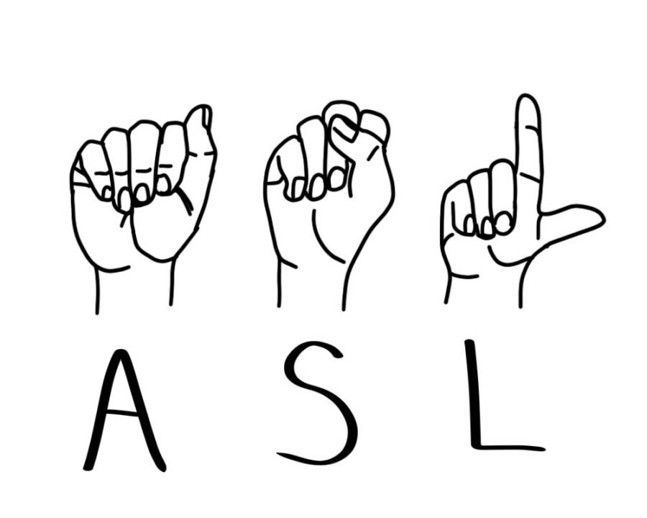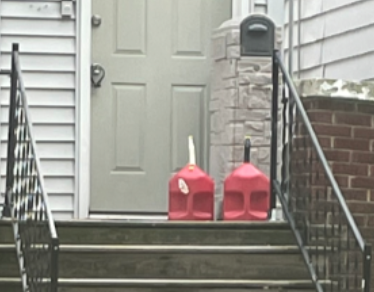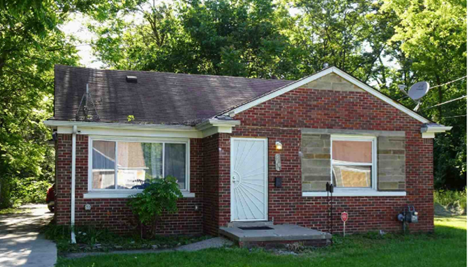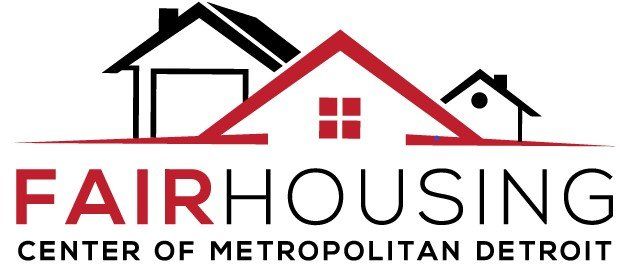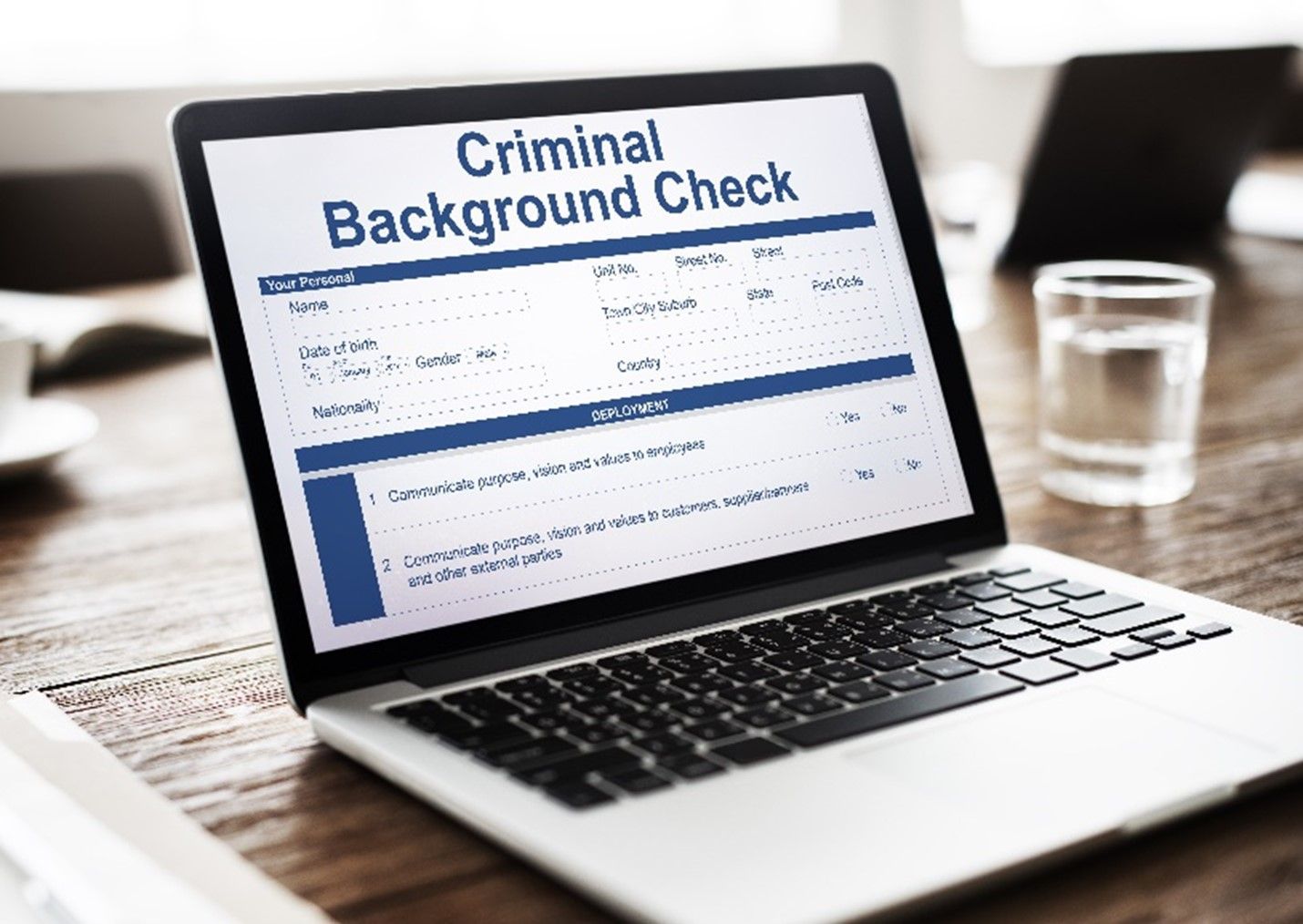CDC Eviction Moratorium & Helpful Eviction Moratorium Form
The Centers for Disease Control and Prevention (CDC) has issued a Temporary Halt in Residential Evictions to Prevent the Further Spread of COVID-19 (“CDC’s Moratorium Order”). The CDC’s Moratorium Order temporarily ceases residential evictions through December 31, 2020 to prevent further spread of COVID-19.
To qualify for the moratorium, a tenant must deliver to the landlord a letter containing the following 5 declarations: The tenant (1) has made best efforts to obtain available government assistance for rent or housing; (2) expects to earn no more than $99,000 in annual income (or no more than $198,000 if filing a joint tax return), was not required to report any income in 2019 to the IRS, or received an Economic Impact Payment (stimulus check) under the CARES Act; (3) is unable to pay the full rent or housing payment due to the substantial loss of income or the incurring of extraordinary out-of-pocket medical expenses; (4) has made best efforts in making timely partial rent or housing payments as close as possible to full payments as the circumstances may permit; and (5) believes that eviction is likely to render the tenant homeless or force the tenant to move into and live in close quarters in a shared living setting because the tenant has no other available housing options.
The Suffolk University Law School’s Legal Innovation and Technology Lab has provided a free, online CDC Eviction Moratorium Assistant form (https://massaccess.suffolklitlab.org/housing/#CDC) to aid tenants in generating a declaration letter to obtain protection under the CDC’s Moratorium Order. Each adult listed on the lease, rental agreement, or housing contract should complete a moratorium declaration letter. All representations by the tenant in the declaration letter must be accurate, as they are made under penalty of perjury.
Once completed, the declaration letter must be provided to the tenant’s landlord, the owner of the residential property where the tenant lives, or another person who has a right to have the tenant evicted.
The CDC’s Moratorium Order does not apply to foreclosures on home mortgages. Moratoriums on foreclosures are governed by the Federal Housing Finance Agency, which oversees Fannie Mae and Freddie Mac, and other governmental regulators.
The Moratorium Order does not prevent a landlord from charging or collecting fees, penalties, or interest as a result of the failure to pay rent. Further, all other obligations or rules under a lease or tenancy agreement remain in effect.
The Fair Housing Center’s staff remain available to answer questions from homeowners, tenants, and housing providers regarding moratoriums and other matters.
The post CDC Eviction Moratorium & Helpful Eviction Moratorium Form appeared first on Fair Housing Center of Metropolitan Detroit.


